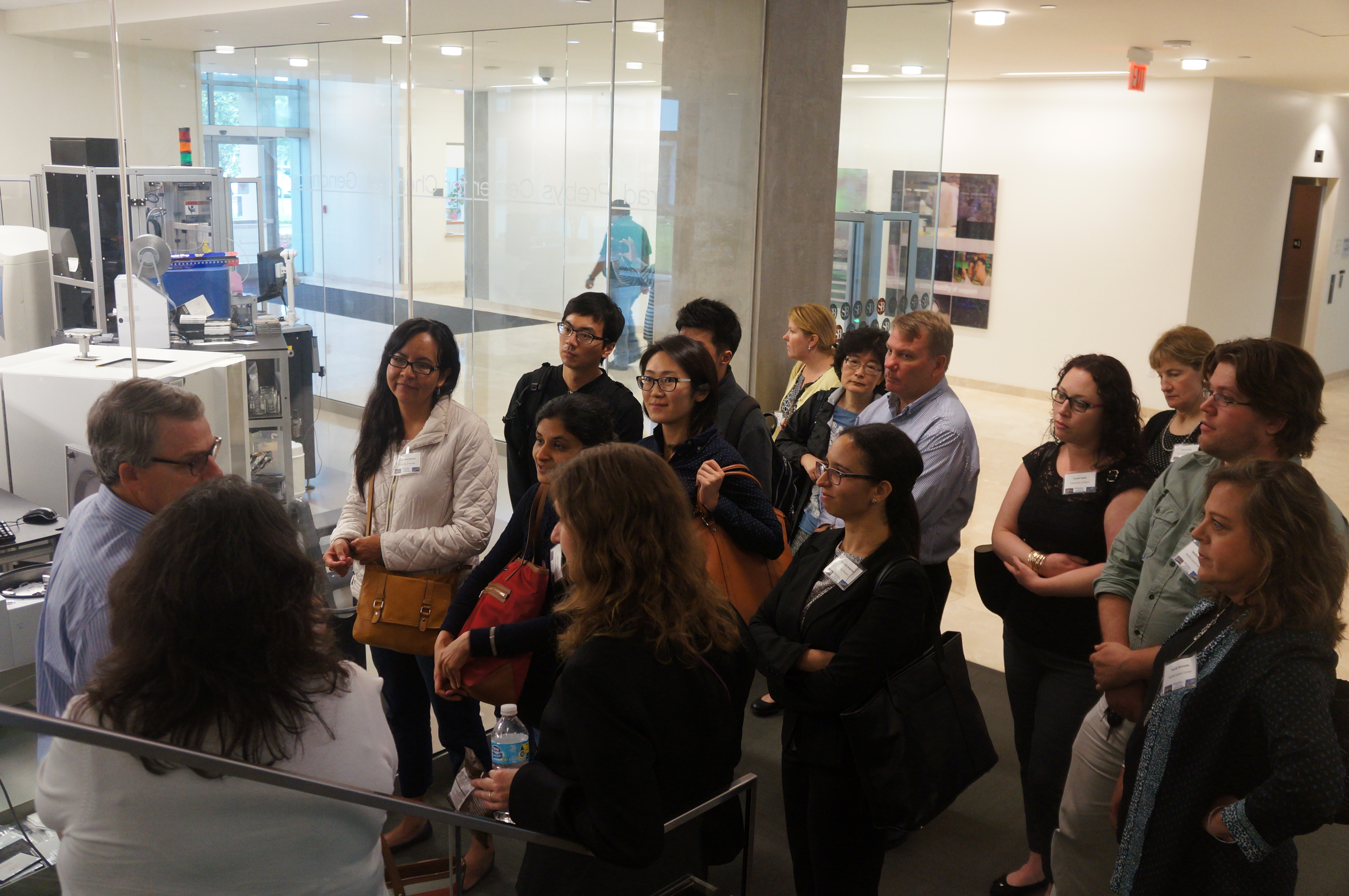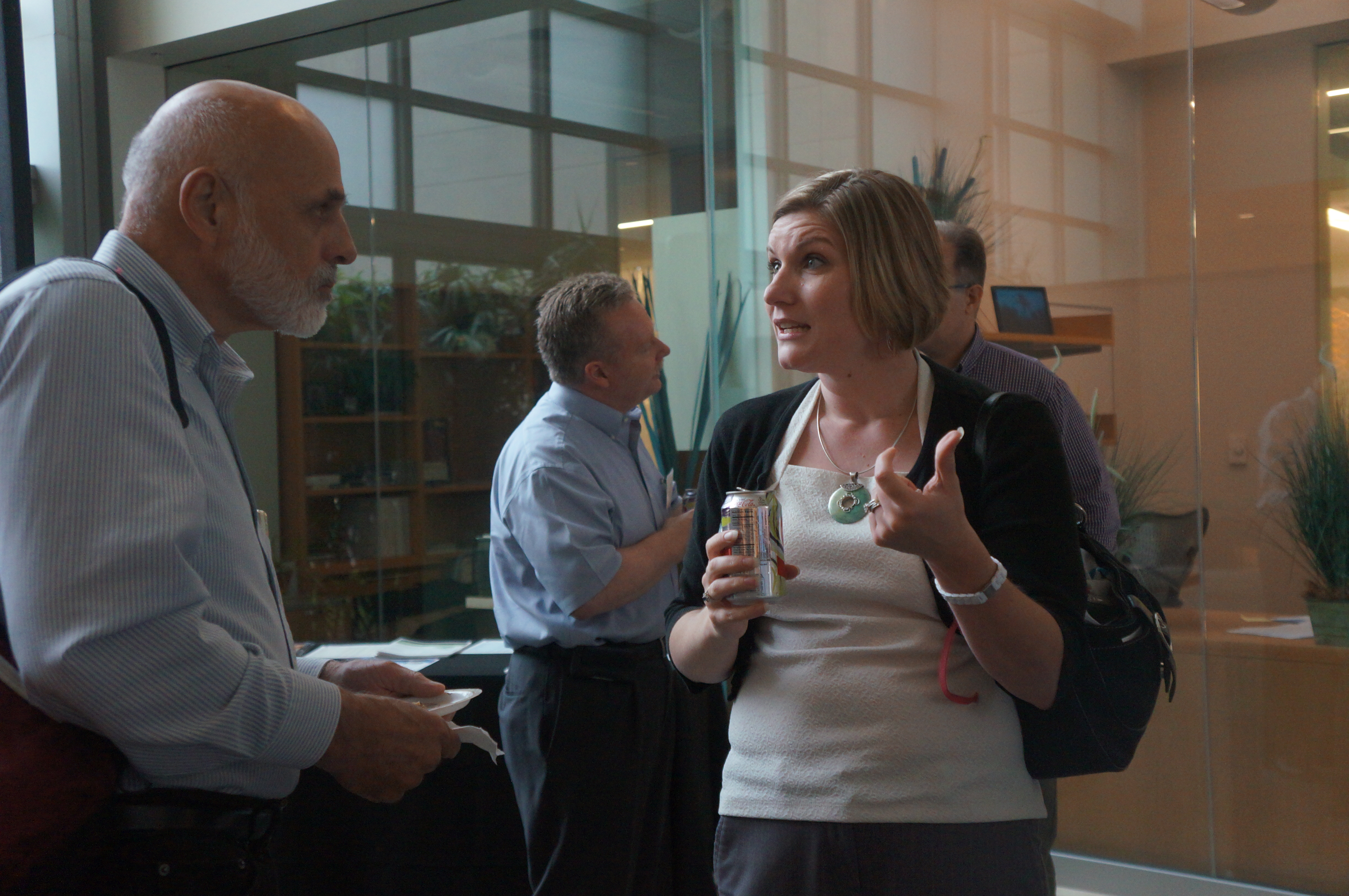
On May 3-4, 2016, researchers, technicians and graduate students gathered at the Sanford Burnham Prebys (SBP) Medical Discovery Institute’s Lake Nona campus in Orlando, Fla., for the 3rd annual metabolomics symposium organized by the UF CTSI’s Southeast Center for Integrated Metabolomics (SECIM).
The event featured a keynote by Rob Gerszten, M.D., of Massachusetts General Hospital, and 15 distinguished speakers from nine other institutions. UF speakers included Dr. Richard Yost, Dr. Timothy Garrett, Dr. Glenn Walter and Dr. Chris Beecher of IROA Technologies.

The first day was dedicated to current technology used to detect metabolites as well as new technologies that will help researchers profile metabolites in the future. A poster session and reception was held in the evening. The second day involved presentations on the use of metabolomics for biomedical and agricultural advances. Talks touched on the importance of metabolomics for medical researchers studying cancer and neurodegenerative diseases, as well as agricultural researchers working on citrus disease infections and other problems.
About SECIM
One of six national centers funded by the NIH Common Fund’s Metabolomics Program, SECIM provides state-of-the-art metabolomics services to users in all areas of biomedical and biological sciences. Four cores provide services and develop emerging technologies for the SECIM pipeline, giving users the flexibility to choose the best approach for a particular problem:
- Mass Spectrometry Services Core: high-throughput global and targeted metabolomics
- Nuclear Magnetic Resonance Core: global metabolomics and biomarker identification
- Advanced Mass Spectrometry Core: biomarker identification, imaging mass spectrometry and isotopic ratio outlier analysis
- Bioinformatics Core: quality controlled data from the three analytical cores will be available to users with several statistical analysis options in an interactive web interface
To schedule a consultation or to request SECIM services, visit: http://secim.ufl.edu/services.

